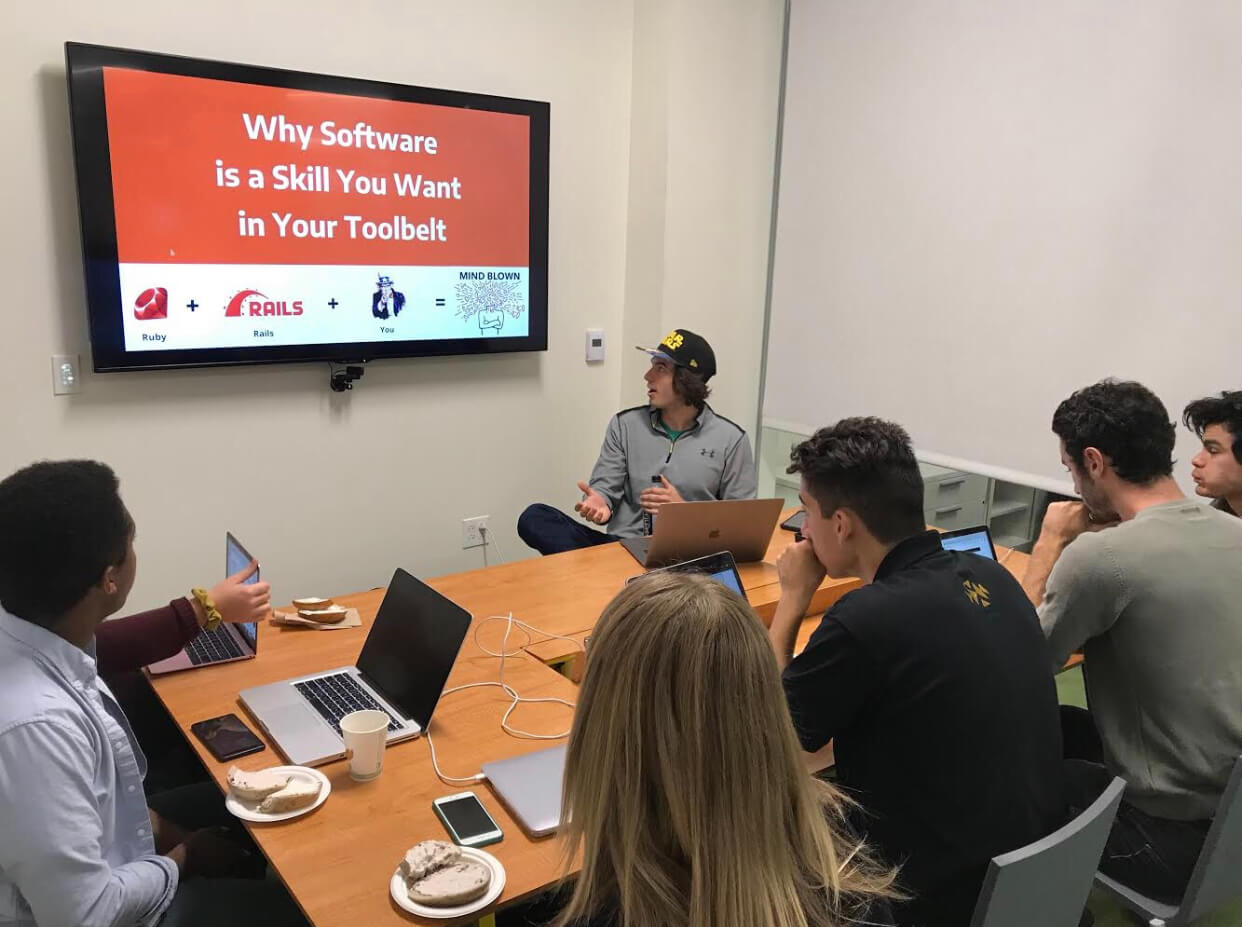The Power of Networking
Your Network is Your Net Worth
It’s not what you know, it’s who you know. This common networking saying holds true. Networking has a range of benefits from the exchange of knowledge and ideas to fostering vital business relationships that allow you to be one step ahead. Networking can take on many forms such as having a professional mentor, attending an industry related conference, or just connecting via social media. Here are some helpful strategies to help you get started.
1. Identify Common Interests
When networking it is important to think about how your goals and interests align with those who you wish to network with. Finding those who share your interests allow for authentic connections and are more likely to last. While a phone number and email is important, a real network thrives off communication and relationships.
2. Always Be Prepared
You should approach networking opportunities with a game plan. Look up the attendee list beforehand to find out who will be there. Find information on their backgrounds and then think of questions and comments based on your research.
3. Networking Knows No Boundaries
Invaluable contacts and life-changing opportunities often surprise us. While it may have been sheer luck that you bumped into a friendly CEO, alum or executive, your prepared approach to networking can turn a banal exchange into a pivotal moment in your career path. Always be ready to make a new contact and exchange business cards. Don't discount someone who has no clear connection to your ambitions, you never know how that person might help you in the future.
4. Think About What You Can Give
Networking is a two way relationship. While you may be a student or an intern and can feel you do not have enough to give, think about ways you can make an impact on others. You may have a unique insight or knowledge that could be useful to others in your field.
5. Follow Up and Keep in Touch
After meeting a potential contact, it is absolutely essential to write a thank you note or at a minimum a thank you email. Tell them how much he or she helped you, refer to particularly helpful, specific advice, and bring up details about the conversation that are relevant and remind them of your interaction. Everyone - even the most high-level executive - enjoys feeling appreciated. If possible, try and connect with them on LinkedIn.
